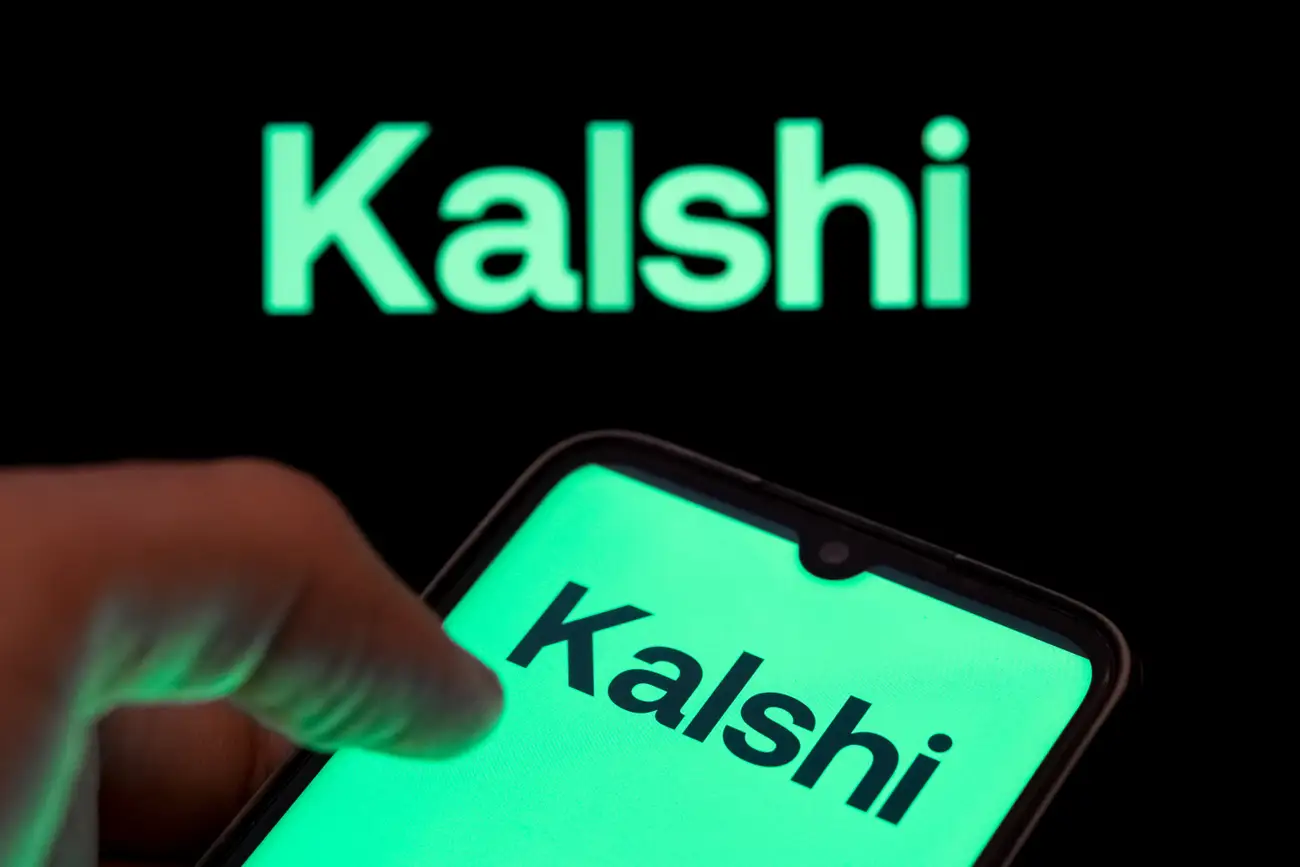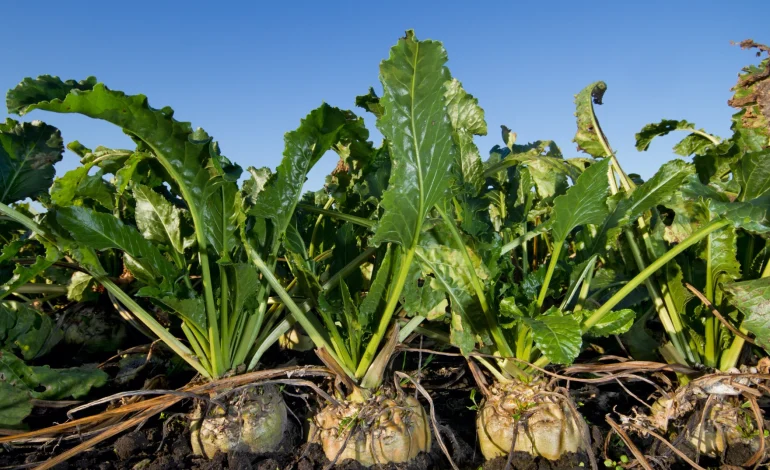Ozempic may be slimming waistlines, but Wyoming sugar beet growers say it isn’t what’s slimming their paychecks. While national headlines pin a 33% drop in sugar prices on Americans eating fewer sweets thanks to GLP-1 drugs like Ozempic and Wegovy, folks on the ground insist the real culprit is “sugar dumping” — government-subsidized sugar from abroad flooding the market at cut-rate prices.
Doctors do tell GLP-1 users to steer clear of candy, soda and pastries to avoid blood-sugar spikes and nasty side effects, and consumption has slipped. Industry trackers say people on the drugs are buying about 6% less candy and chocolate and 10% fewer bakery treats. Wyoming Sugar Company CEO Mike Greear doesn’t deny the shift. He figures roughly 9% of Americans are on the meds and many are leaning into higher-protein foods. But in his view, that’s a minor breeze compared with the gale blowing in from overseas.
“Subsidized imports flooded the market before President Trump got into office,” Greear said, pointing to Brazil and India in particular. “They dump subsidized sugar on the world market.”
The US sugar program was designed to guard against that, he added, but “wasn’t properly managed during the Biden administration,” leaving domestic producers with ballooning stockpiles and a price slide he thinks could take another year to unwind.
The pain is visible up and down the beet belt. Farmers nationwide planted the fewest sugar acres since 1982, Reuters reported, as inventories swelled and prices sagged. Plants have been closing too: Sidney Sugars in Montana shut two years ago, and Spreckels Sugar’s Brawley, California, factory is calling it quits after this season. That leaves just seven processors in the country — Wyoming Sugar among them — supporting local economies and dozens of growers who’ve sunk fortunes into equipment and labor.
On paper, Worland grower John Snyder is having the kind of year you brag about at the elevator: strong yields, near-record sugar content, blue skies finally drying out the fields. In a normal market, it would be a mortgage-lifter. This year, it’s barely a break-even.
“You’re going to have to survive a year on what we’re getting right now,” he said, “but we can’t survive on that for a long period of time.”
Costs are the other trap. Snyder’s next beet digger will cost about 80% more than his last one. Fertilizer isn’t far behind — he figures nitrogen is up 68% in five years, phosphate 67% to nearly $1,000 a ton, potassium 40%, ammonium sulfate 65%. Fuel isn’t cheap, and he tries to keep longtime crew members paid fairly. Meanwhile, he says, Midwest beet prices have fallen 42% in two years. Do the math.
The broader anti-sugar drumbeat isn’t helping sentiment. Health and Human Services Secretary Robert F. Kennedy Jr. recently labeled sugar “poison,” a line that landed like a gut punch in the Big Horn Basin.
“Why would you call something that’s natural poison?” Greear asked, noting sucrose shows up in apples and oranges just as surely as in a candy bar.
Plenty of growers say if we’re going to talk health risks, lab-made sweeteners deserve equal scrutiny.
Even with the headlines, not everyone is in doom mode. Pine Bluffs grower Chris Fornstrom says his beets look good, despite weeds slowing harvest. Compared with other crops on his place — corn, wheat, pinto beans — beets have actually held up “slightly less bad” over the past two years. It’s a thin silver lining, but right now, growers will take it.
Greear isn’t anti-moderation, either. He backs the federal Dietary Guidelines’ cap on added sugars at less than 10% of daily calories and says producers support healthier habits. The US only supplies around 80% of its own sugar demand, he points out, so there’s room for Americans to cut back without wrecking the domestic industry — if Washington clamps down on dumping and manages imports as intended. Sugar also does more than sweeten; it adds texture and acts as a preservative across the food system.
“It’s a good, very diversified ingredient,” he said. “Don’t eat too much of any one thing, sugar included, and exercise. That will be healthy.”
Back in Worland, Snyder is choosing gratitude where he can find it.
“The Lord blessed us with a great crop,” he said. “Now we just need a market that isn’t stacked against us.”
For Wyoming beet country, that market doesn’t hinge on Ozempic. It hinges on whether policymakers stop cheap foreign sugar from undercutting a homegrown industry that’s already running on razor-thin margins.
The original story by Renée Jean for Cowboy State Daily.










The latest news in your social feeds
Subscribe to our social media platforms to stay tuned